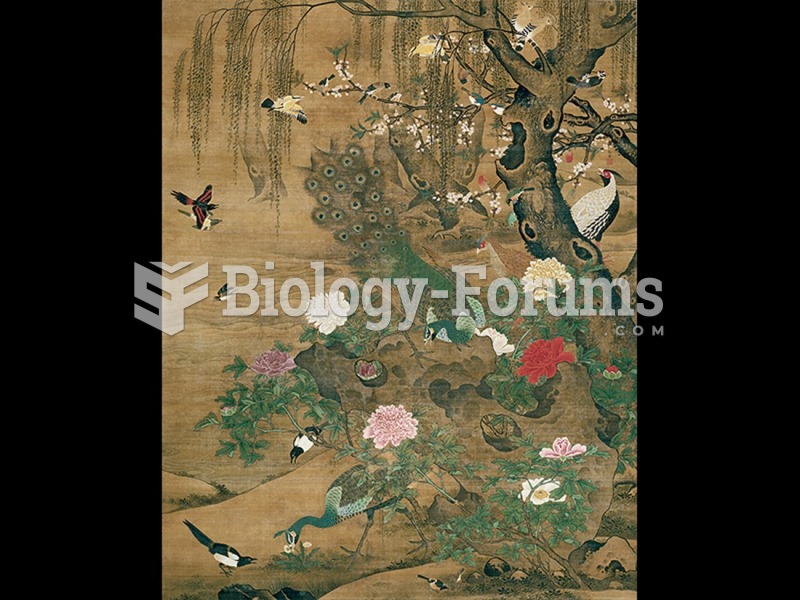|
|
|
For pediatric patients, intravenous fluids are the most commonly cited products involved in medication errors that are reported to the USP.
Nearly all drugs pass into human breast milk. How often a drug is taken influences the amount of drug that will pass into the milk. Medications taken 30 to 60 minutes before breastfeeding are likely to be at peak blood levels when the baby is nursing.
Multiple sclerosis is a condition wherein the body's nervous system is weakened by an autoimmune reaction that attacks the myelin sheaths of neurons.
The Romans did not use numerals to indicate fractions but instead used words to indicate parts of a whole.
More than 30% of American adults, and about 12% of children utilize health care approaches that were developed outside of conventional medicine.
 Nebulizer. The nebulizer converts a liquid medication to a mist that is easily inhaled. A face mask,
Nebulizer. The nebulizer converts a liquid medication to a mist that is easily inhaled. A face mask,
 Hong Kong is a strange situation. A British colony since 1842, it was handed back to China in 1997 a
Hong Kong is a strange situation. A British colony since 1842, it was handed back to China in 1997 a





